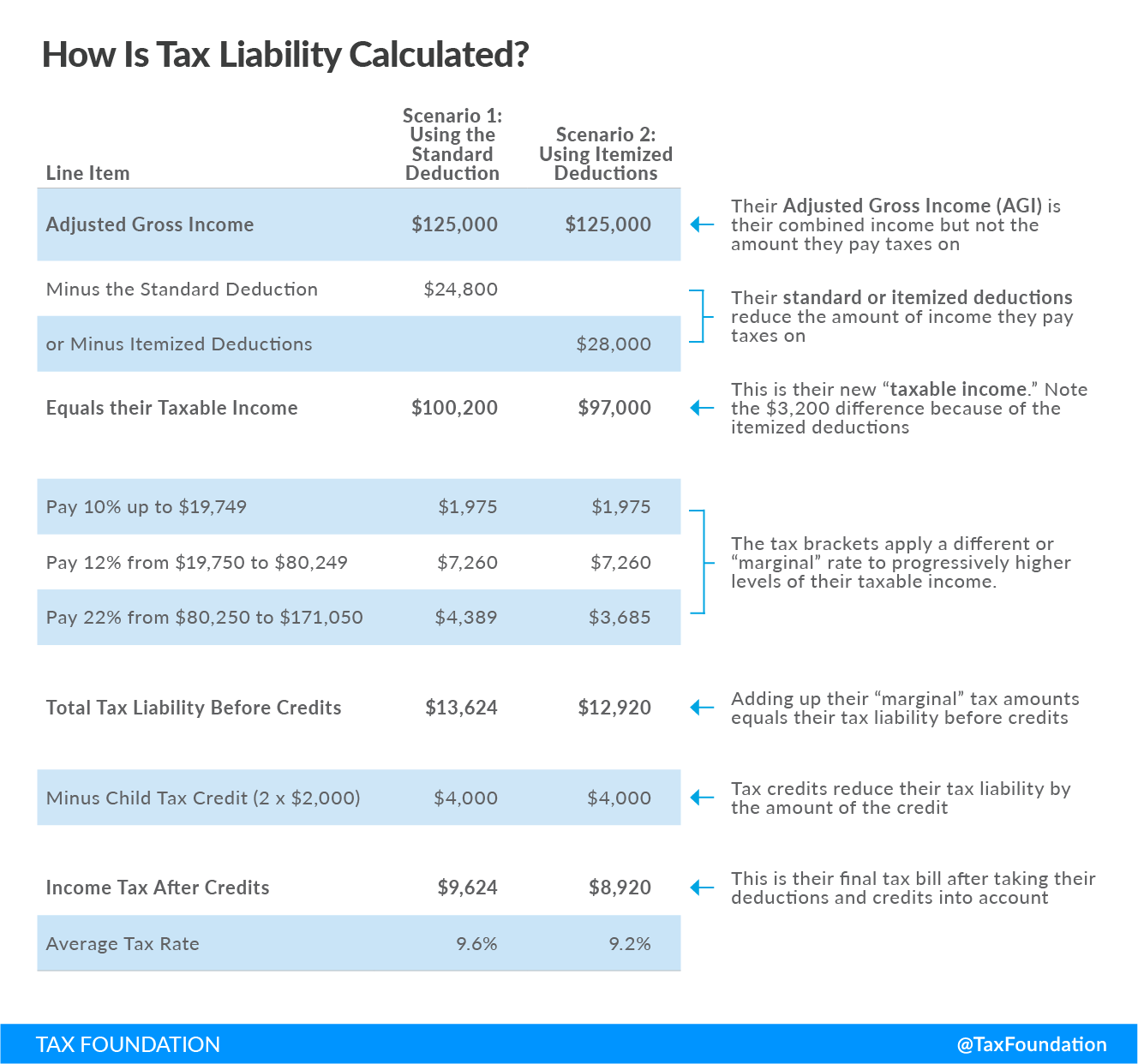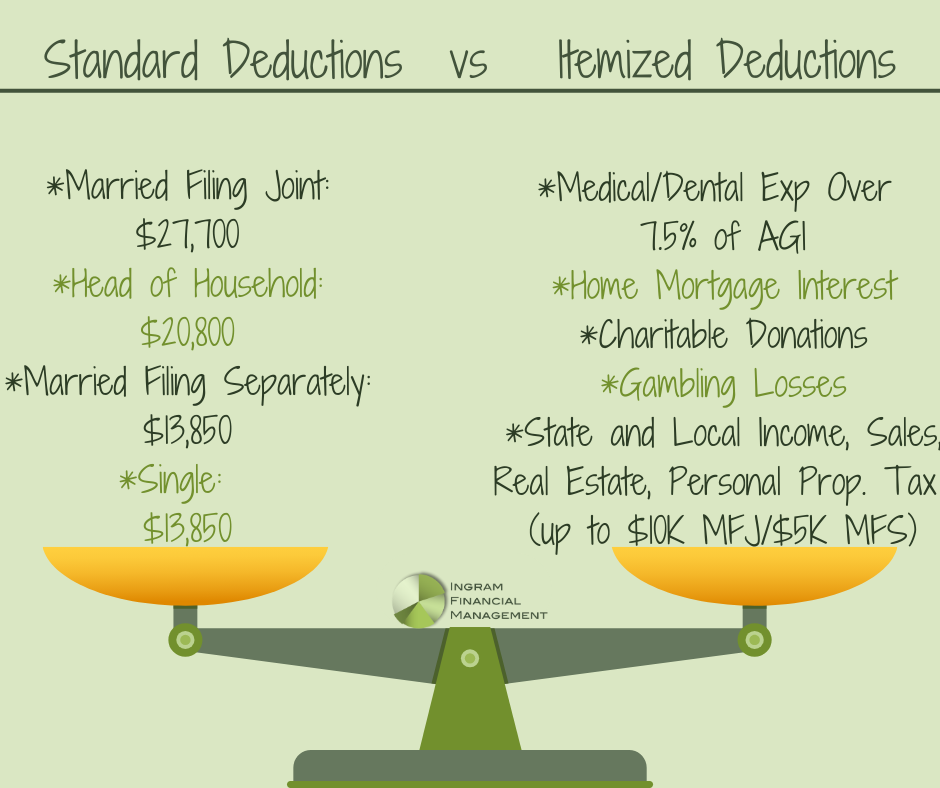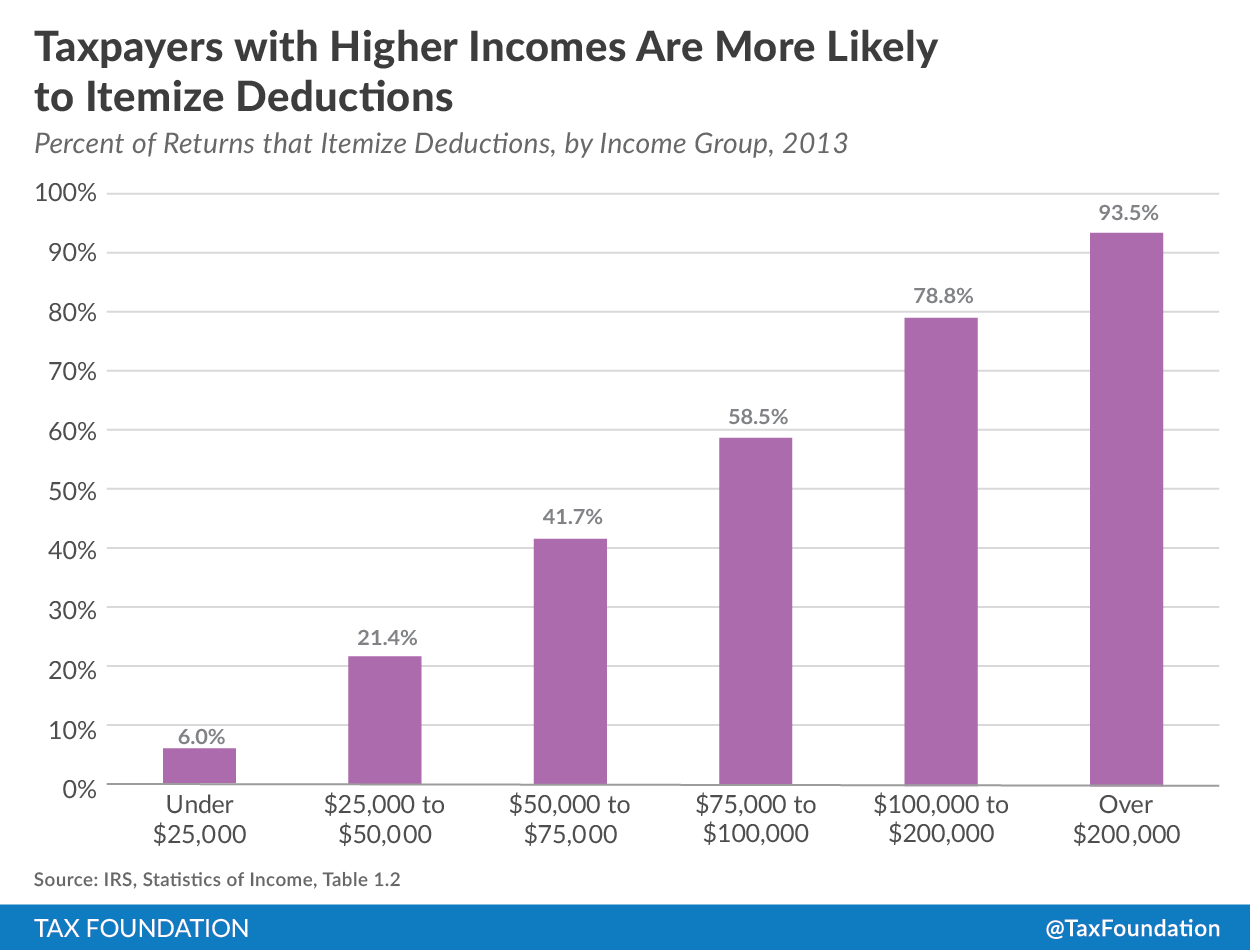Everyday examples of how the FEIE Standard Deduction influences taxable income
Wiki Article
All You Required to Understand About the Foreign Earned Income Exemption and Its Link to the Common Reduction
The Foreign Earned Revenue Exemption (FEIE) provides a crucial opportunity for united state people and resident aliens working abroad to lower their taxable earnings. Recognizing the qualification criteria and asserting process is necessary. The interaction between the FEIE and the typical deduction can make complex tax obligation strategy. Mistakes in steering these rules can bring about missed benefits. Exploring these facets discloses vital details for effective tax obligation preparation and making the most of economic advantages.Recognizing the Foreign Earned Revenue Exemption (FEIE)
The International Earned Income Exemption (FEIE) acts as a crucial tax arrangement for united state residents and resident aliens that work abroad, enabling them to exclude a considerable part of their foreign-earned revenue from U.S. government taxes. This provision is essential for people living outside the United States, as it aids minimize the financial problem of dual taxation on earnings earned in foreign countries. By making use of the FEIE, qualified taxpayers can minimize their gross income considerably, promoting economic stability while living and functioning overseas. The exclusion amount is readjusted annually for inflation, ensuring it shows current economic conditions. The FEIE is particularly helpful for those in areas with a greater cost of living, as it allows them to maintain more of their revenues. Comprehending the mechanics and implications of the FEIE empowers migrants to make enlightened financial decisions and maximize their tax situations while living abroad.Qualification Demands for the FEIE
To qualify for the Foreign Earned Revenue Exemption, individuals should satisfy certain eligibility needs that include the Residency Test and the Physical Visibility Examination. In addition, employment status plays a vital role in establishing eligibility for this tax obligation advantage. Recognizing these requirements is essential for anyone looking for to make use of the FEIE.
Residency Test Standard
Figuring out qualification for the Foreign Earned Income Exclusion (FEIE) rests on conference particular residency examination standards. Mostly, people have to develop their tax home in a foreign nation and show residency with either the bona fide house test or the physical existence test. The authentic home test calls for that a taxpayer has developed a long-term residence in an international country for an undisturbed period that spans a whole tax obligation year. This involves demonstrating intent to make the international area a principal home. Furthermore, the taxpayer should show ties to the international nation, such as securing employment, family, or housing connections. Fulfilling these residency criteria is important for certifying for the FEIE and successfully decreasing tax obligation responsibilities on earned revenue abroad.Physical Existence Test
Meeting the residency requirements can also be achieved with the physical presence examination, which provides an alternate path for getting approved for the Foreign Earned Revenue Exemption (FEIE) To satisfy this examination, a private must be physically present in an international country for a minimum of 330 complete days throughout a successive 12-month period. This demand stresses the relevance of real physical existence, rather than just maintaining a residence abroad. The 330 days do not have to be consecutive, enabling for adaptability in traveling plans. This examination is particularly useful for united state citizens or people functioning overseas, as it allows them to leave out a substantial portion of their international earned earnings from U. FEIE Standard Deduction.S. taxation, consequently minimizing their overall tax obligationWork Standing Demands
Qualification for the Foreign Earned Revenue Exclusion (FEIE) depends upon details work condition needs that individuals need to meet. To certify, taxpayers have to show that their income is obtained from foreign sources, generally with employment or self-employment. They should be either an U.S. citizen or a resident alien and preserve a tax home in a foreign country. In addition, individuals must satisfy either the Physical Presence Examination or the Bona Fide House Examination to develop their international standing. Independent people have to report their net incomes, guaranteeing they do not exceed the well-known exclusion restrictions. It's necessary for applicants to maintain correct documentation to substantiate their cases relating to work condition and foreign earnings throughout the tax year.Exactly how to Declare the FEIE

Eligibility Requirements Described
For people looking for to benefit from the Foreign Earned Income Exemption (FEIE), recognizing the qualification needs is important. To qualify, one need to fulfill two primary tests: the bona fide home test or the physical existence test. The bona fide house examination puts on those that have developed an irreversible house in a foreign country for a continuous period, usually a year or more. Conversely, the physical visibility test calls for people to be literally present in a foreign country for a minimum of 330 days during a 12-month duration. FEIE Standard Deduction. In addition, just earned earnings from international resources receives exemption. Satisfying these requirements is important for taxpayers wanting to decrease their taxable earnings while residing abroadNeeded Tax Return
How can one properly claim the Foreign Earned Revenue Exemption (FEIE)? To do so, particular tax forms have to be utilized. The primary type required is IRS Type 2555, which enables taxpayers to report international made revenue and claim the exemption. This type needs detailed info about the person's international residency and the income gained while living abroad. Furthermore, if asserting the exemption for housing find out this here costs, Type 2555-EZ might be made use of for simplicity, provided specific standards are met. It is crucial to guarantee that all needed sections of the types are finished properly to avoid delays or issues with the internal revenue service. Comprehending these forms is crucial for making best use of the advantages of the FEIE.Filing Process Actions
Declaring the Foreign Earned Revenue Exclusion (FEIE) includes a collection of organized and clear actions. Initially, people should identify their qualification, confirming they satisfy the physical visibility or authentic home examinations. Next off, they ought to complete IRS Type 2555, describing earnings earned abroad and any appropriate exclusions. It is necessary to gather supporting paperwork, such as foreign income tax return and evidence of home (FEIE Standard Deduction). After filling in the kind, taxpayers must attach it to their yearly tax obligation return, normally Kind 1040. Declaring digitally can simplify this process, however guaranteeing accurate info is vital. People have to keep copies of all sent forms and sustaining records for future reference in instance of audits or inquiries from the Internal revenue service.The Criterion Reduction: A Review
The typical deduction offers as a crucial tax obligation advantage that simplifies the filing procedure for many individuals and families. This reduction enables taxpayers to decrease their taxable revenue without the demand to make a list of deductions, making it an appealing alternative for those with simple economic scenarios. For the tax year, the typical deduction quantity varies based upon filing condition, with different thresholds for solitary filers, couples submitting jointly, and heads of household.
The standard deduction is adjusted every year for inflation, ensuring its relevance over time. Taxpayers that certify can select in between the typical deduction and detailing their reductions, typically choosing the higher advantage. By giving a baseline reduction, the typical deduction sustains taxpayers in lowering their overall tax liability, consequently improving their economic position. Comprehending the common deduction is essential for effective tax obligation planning and maximizing possible financial savings for individuals and family members alike.
Interaction In Between FEIE and Conventional Reduction
While both the Foreign Earned Income Exclusion (FEIE) and the typical deduction serve to reduce gross income, their interaction can substantially affect a taxpayer's overall tax responsibility. Taxpayers that certify for the FEIE can leave out a considerable quantity of their foreign-earned revenue, which may influence their eligibility for the typical reduction. Especially, if a taxpayer's international revenue is entirely left out under the FEIE, their gross income may drop below the threshold needed to declare the basic reduction.It is crucial to note that taxpayers can not double-dip; they can not make use of the same earnings to claim both the FEIE and the common deduction. This means that cautious consideration is needed when figuring out the ideal technique for tax decrease. Eventually, comprehending just how these two stipulations engage makes it possible for taxpayers to make informed choices, guaranteeing they optimize their tax obligation advantages while staying compliant with internal revenue service guidelines.
Tax Advantages of Making Use Of the FEIE
Utilizing the Foreign Earned Revenue Exclusion (FEIE) can offer notable tax advantages for united state residents and resident aliens living and working abroad. This exemption permits eligible individuals to omit a certain amount of foreign-earned revenue from their gross income, which can cause substantial tax obligation cost savings. For the tax year 2023, the exemption quantity depends on $120,000, noticeably reducing the taxed earnings reported to the IRS.
Additionally, the FEIE can aid prevent double tax, as international tax obligations paid on this income might additionally be eligible for credit scores or deductions. By strategically using the FEIE, taxpayers can maintain even more of their earnings, allowing for enhanced monetary security. The FEIE can be advantageous for those that qualify for the bona fide home examination or physical presence examination, giving flexibility in managing their tax obligation commitments while living overseas. Overall, the FEIE is a useful device for expatriates to optimize their funds.

Common Blunders to Stay Clear Of With FEIE and Conventional Deduction
What pitfalls should taxpayers recognize when useful link declaring the Foreign Earned Revenue Exemption (FEIE) together with the conventional reduction? One usual blunder is thinking that both advantages can be claimed simultaneously. Taxpayers must understand that the FEIE has to be claimed before the typical reduction, as the exclusion essentially decreases taxable earnings. Failing to meet the residency or physical visibility examinations can additionally lead to ineligibility for the helpful hints FEIE, resulting in unforeseen tax obligation liabilities.Additionally, some taxpayers overlook the requirement of proper paperwork, such as keeping records of international earnings and traveling days. An additional frequent mistake is miscalculating the exclusion quantity, possibly as a result of inaccurate kinds or misconception of tax obligation guidelines. Inevitably, individuals should maintain in mind that asserting the FEIE can affect qualification for specific tax debts, which can complicate their general tax circumstance. Understanding of these risks can help taxpayers browse the complexities of global taxation more successfully.
Often Asked Questions
Can I Declare FEIE if I Live Abroad Part-Time?
Yes, an individual can declare the Foreign Earned Earnings Exemption if they live abroad part-time, given they satisfy the needed needs, such as the physical presence or authentic home examinations laid out by the internal revenue service.Does FEIE Affect My State Tax Obligation Responsibilities?
The Foreign Earned Earnings Exemption (FEIE) does not directly influence state tax obligation responsibilities. States have differing policies regarding earnings made abroad, so individuals must consult their certain state tax obligation guidelines for exact advice.Are There Any Type Of Expiry Dates for FEIE Claims?
Foreign Earned Income Exclusion (FEIE) claims do not have expiry dates; nevertheless, they have to be claimed every year on income tax return. Failure to insurance claim in a given year may result in lost exclusion benefits for that year.How Does FEIE Influence My Social Safety And Security Advantages?
The Foreign Earned Earnings Exemption (FEIE) does not straight impact Social Safety and security benefits, as these advantages are based upon life time revenues. Omitted earnings might minimize general profits, potentially influencing future advantage computations.Can I Revoke My FEIE Claim After Submitting?
Yes, an individual can withdraw their Foreign Earned Revenue Exclusion claim after filing. This revocation has to be sent through the appropriate tax obligation types, and it will certainly influence their tax responsibilities and possible reductions moving on.The Foreign Earned Earnings Exclusion (FEIE) provides an essential opportunity for U.S. citizens and resident aliens working abroad to minimize their taxable earnings. Comprehending the Foreign Earned Revenue Exclusion (FEIE)
The Foreign Earned Income Exclusion (Exemption) serves as an essential tax crucial for Arrangement citizens united state people aliens who work abroad, allowing them enabling exclude a significant portion substantial section foreign-earned income from Revenue federal taxationGovernment While both the Foreign Earned Revenue Exclusion (FEIE) and the standard deduction serve to reduce taxed income, their communication can greatly influence a taxpayer's general tax obligation responsibility. Using the Foreign Earned Income Exemption (FEIE) can give remarkable tax benefits for United state people and resident aliens living and functioning abroad. Foreign Earned Revenue Exemption (FEIE) cases do not have expiration days; nevertheless, they need to be claimed each year on tax returns.
Report this wiki page